Buffalo in Ukraine: a good example of sustainable tourism
Buffalo in Ukraine
Transcarpathia in the Ukraine was always famous for its rare kind of animals. For example the Carpathian buffalo. They were often seen in this region before the Soviet Union times. During that time collective farms were one of the main sources of income for the country. And almost every family worked there.
Please also read: Mira app for monitoring in the Carpathian Biosphere Reserve
The Buffalo is an animal that cannot grow and reproduce in artificially created conditions, particularly in the collective farms. This animal needs nature. And what decision-makers decided to do with buffalos? They found a way out from this situation, and killed all, because these animals don’t suit to these conditions. From this time, we had a very small number of Buffalo in Ukraine in Transcarpathia. Unfortunately local citizens didn’t find the way to improve the situation with extinction of the Carpathian buffalos.
But one day Michel Jacobi came to Transcarpathia from Kiel, Northern Germany. He is 34 years old and from his childhood Michel dreamed about own farm. His dream came true in Ukraine. Michel came here, as soon as he heard, that these rare animals are often simply sent to slaughter. Lifetime of buffalos is about thirty years. The weight of females is over 700 kilograms, of males can be up to 850 kilograms. Offspring bearing is 11 months. Thus Carpathian buffalos are still battling for survival, Michel made a huge step towards increase of their population. Now, Michel is a lucky farmer of the first Carpathian buffalos farm in Ukraine. Tourists from all over come to look at these amazing animals, and taste cheese from the buffalo`s milk.
Please also read: Where is the largest piece of Wilderness in Carpathians?
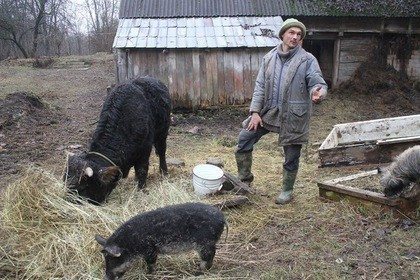

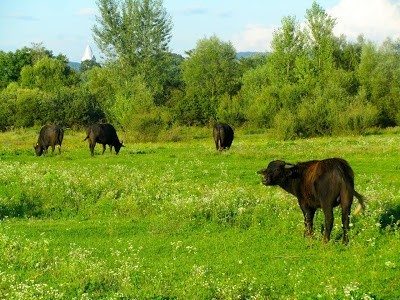
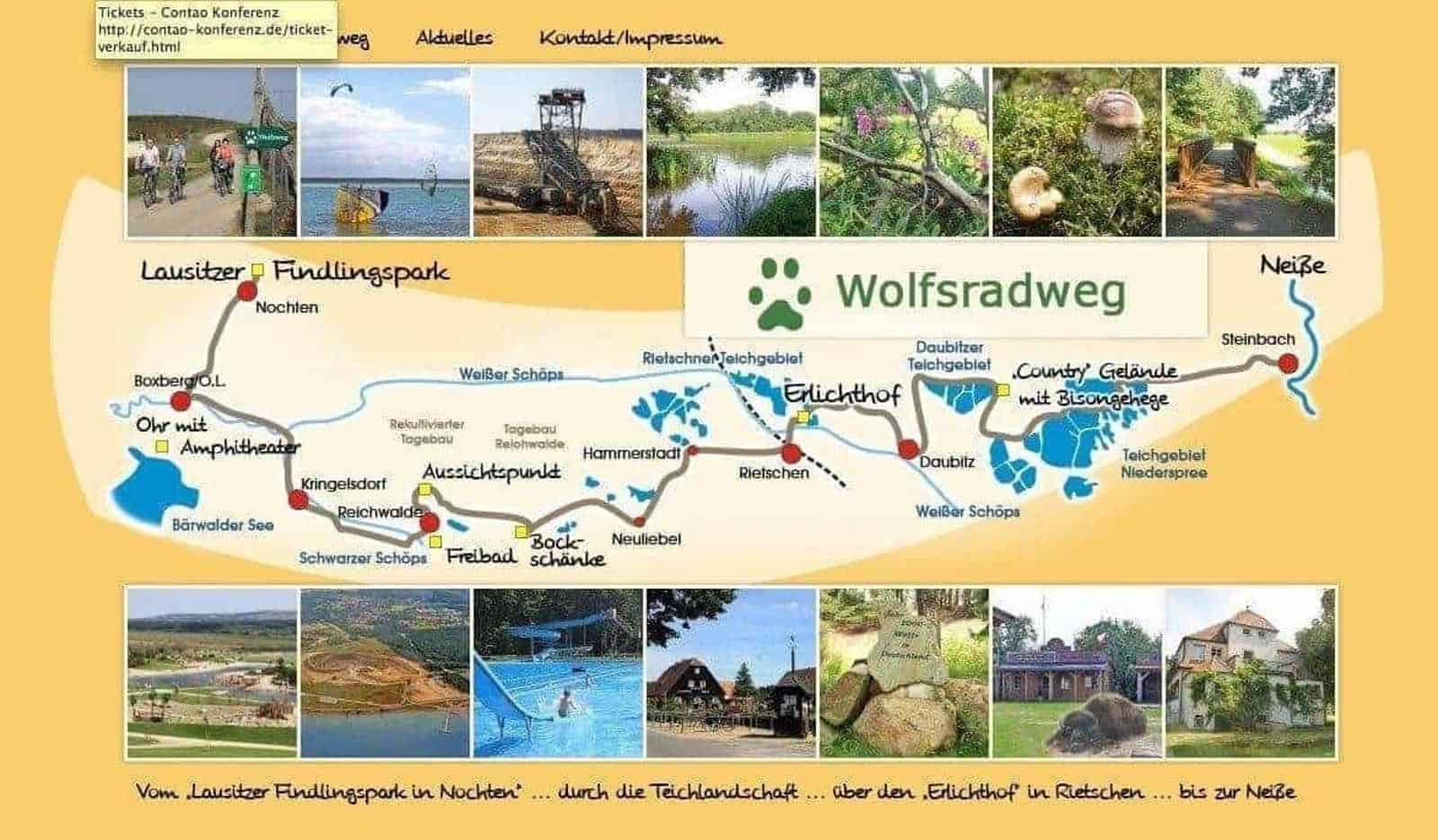
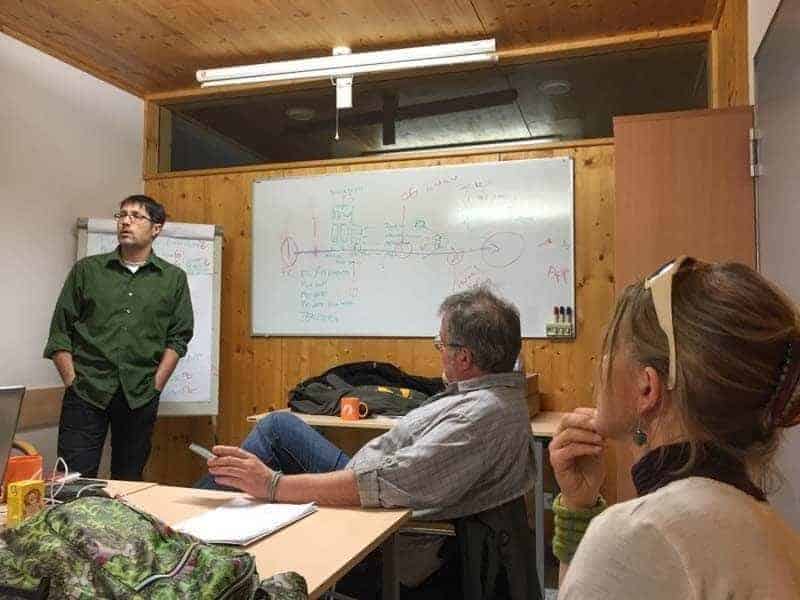
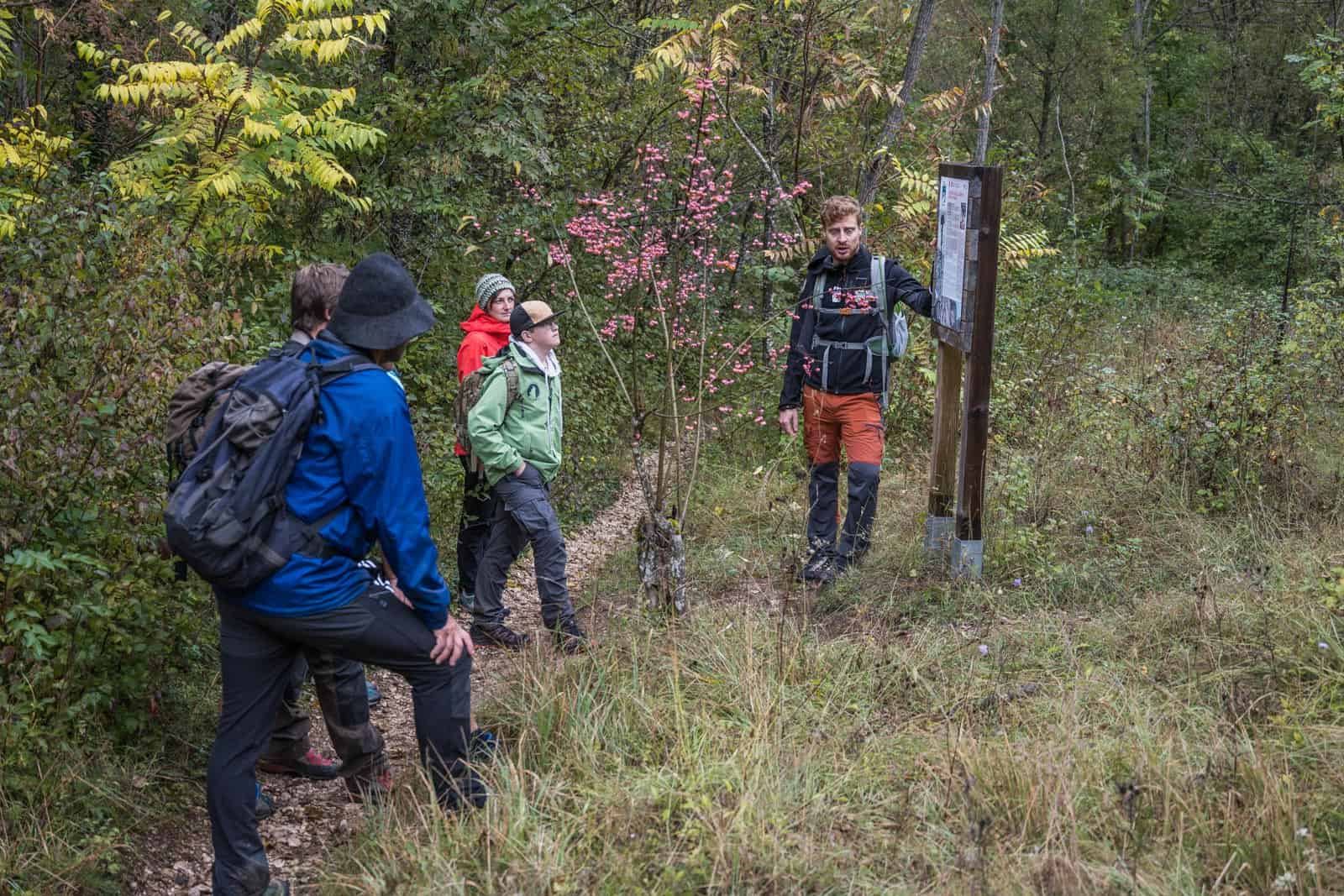
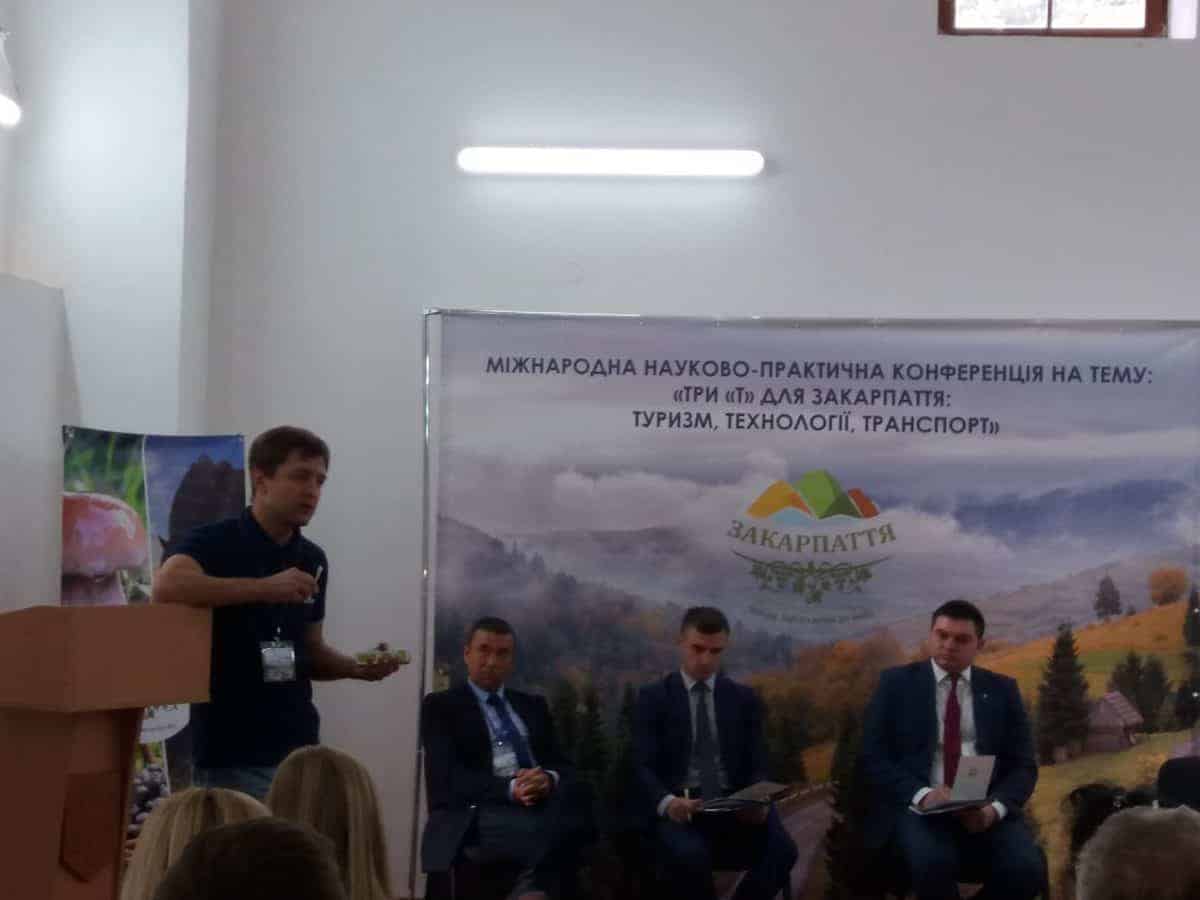
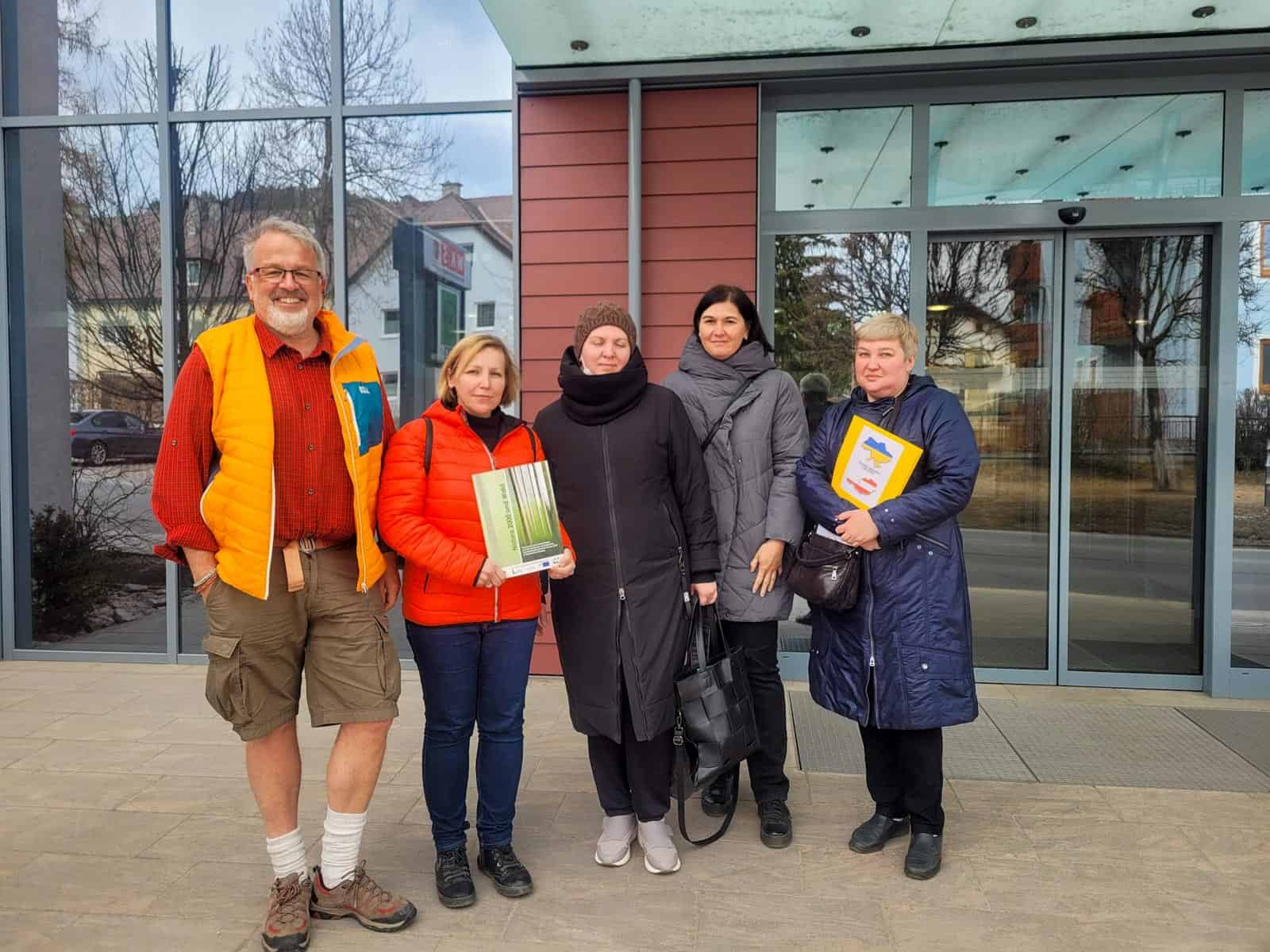
A special message to Michel Jacobi === =====
How absolutely wonderful to learn of your efforts I saving the buffalos from extinction ! Get as many spectators and visitors to your farm and educate them in that species and all other local wildlife as so many so-called “civilised” people have no idea about their local wildlife !
Norman Doak Johannesburg South Africa